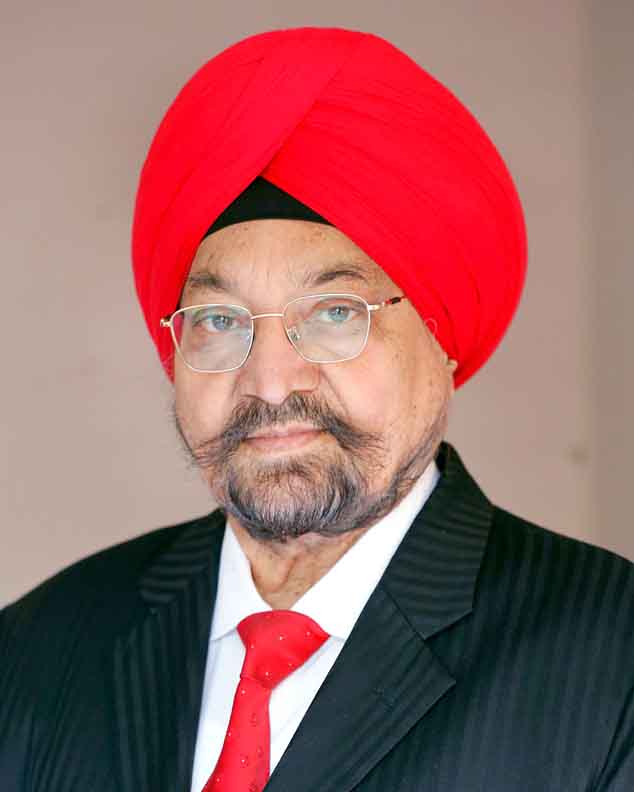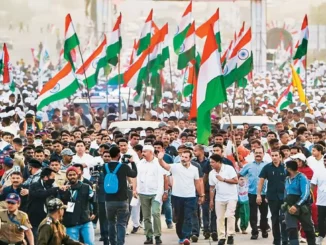
In a resounding testament to the resilience of democracy, India‘s 2024 General Elections bore witness to a pivotal moment in the nation’s political landscape. After a decade marked by soaring rhetoric, unfulfilled promises, and growing disillusionment, the electorate delivered a clear verdict, signaling a shift away from the status quo.
For ten years, the Modi government captivated the imagination of the Indian populace with grand visions and lofty assurances. However, as time unfolded, these promises remained largely unfulfilled, leaving the marginalized and impoverished masses stranded in a sea of dashed hopes. Instead of uplifting the downtrodden, the government seemed to prioritize the interests of the elite, fostering a growing chasm between the haves and the have-nots.
Buoyed by a meticulously cultivated image and an extensive propaganda machinery, the Modi government appeared convinced that electoral victory was a foregone conclusion. Slogans like “Modi hai to mumkin hai” (With Modi, anything is possible) and “Modi Ki Guarantee” failed to resonate with a populace weary of rhetoric devoid of tangible results. Even the once potent force of Hindutva, which had propelled the BJP to victory in 2019, lost its grip on the collective consciousness of the electorate.
The BJP’s overconfidence was palpable, exemplified by their audacious declaration of securing more than 400 seats in the parliament—a stark departure from reality. Prime Minister Modi’s dismissive stance towards the opposition, particularly the Indian National Congress, further underscored the party’s disconnect from ground realities.
However, the political landscape took an unexpected turn as a formidable coalition of opposition parties emerged, united in their resolve to challenge the hegemony of the ruling party. This coalition deftly leveraged the grievances of the common people, effectively shifting the narrative from personality politics to issues that truly mattered to the electorate.
At the heart of this electoral upheaval lay the fundamental principles of democracy and constitutional governance. Faced with the erosion of democratic norms and the casual disregard for constitutional institutions by the ruling dispensation, a sense of urgency permeated the political discourse. The opposition, recognizing the imminent threat to the very fabric of Indian democracy, rallied together with a singular purpose—to safeguard the principles enshrined in the constitution.
The significance of a robust opposition in a democratic framework cannot be overstated. It serves as a vital check on the excesses of those in power, ensuring accountability and transparency in governance. In rallying behind the opposition coalition, the electorate reaffirmed their commitment to the ideals of democracy, signaling a collective desire for change and renewal.
The outcome of the 2024 General Elections represents a decisive moment in India’s democratic journey. By thwarting the seemingly invincible juggernaut of the ruling party, the electorate has demonstrated their inherent power to shape the course of their nation’s destiny. In halting the unchecked march of the Modi-led BJP, India has reaffirmed its status as a vibrant and pluralistic democracy, where the voice of the people reigns supreme.
As the dust settles on the electoral battlefield, a renewed sense of optimism pervades the nation. The prospect of a strengthened democracy, bolstered by a vigilant opposition, offers hope for a brighter future. While the challenges ahead are manifold, the resilience of India’s democratic institutions and the unwavering spirit of its people serve as beacons of hope in an uncertain world.
The 2024 General Election stands as a testament to the enduring power of democracy—a triumph of the collective will over entrenched power dynamics. As the nation embarks on a new chapter in its political journey, let us remain steadfast in our commitment to upholding the principles of democracy, ensuring that the voice of every citizen is heard and respected.





Be the first to comment